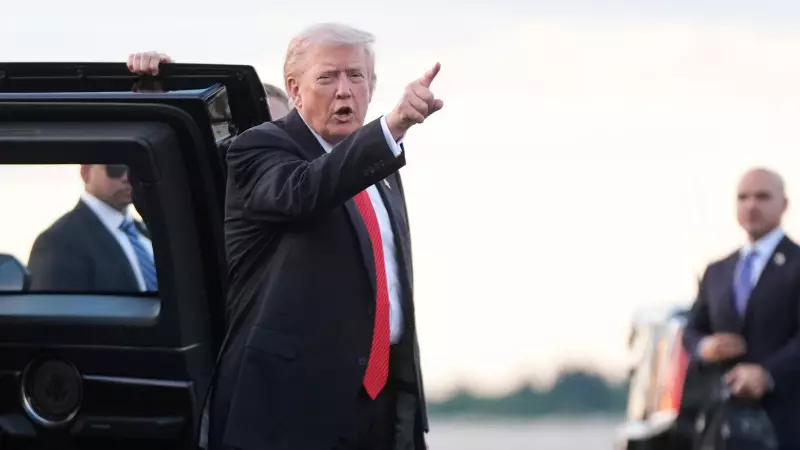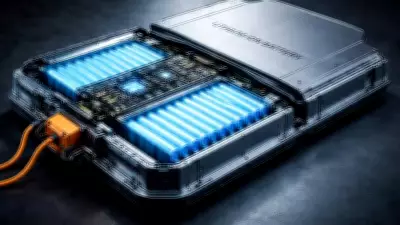
In a significant move that could reshape the global artificial intelligence landscape, former President Donald Trump has imposed stringent export restrictions on Nvidia's cutting-edge Blackwell AI chips. This decision marks a major escalation in the ongoing technological competition between the United States and other nations, particularly China.
The Blackwell Ban: What's at Stake?
The newly announced restrictions specifically target Nvidia's Blackwell series of graphics processing units (GPUs), which represent the company's most advanced artificial intelligence technology to date. These powerful chips are considered crucial for developing and training sophisticated AI models, making them highly sought after by tech companies and research institutions worldwide.
Industry experts suggest this move could have far-reaching implications for the global AI ecosystem. "The Blackwell series represents a quantum leap in AI processing capability," explained Dr. Anjali Sharma, a semiconductor analyst based in New Delhi. "Restricting access to this technology could create significant bottlenecks for AI development in affected regions."
Geopolitical Implications
This isn't the first time the US has restricted AI chip exports, but the focus on Blackwell technology indicates a strategic escalation. The decision comes amid growing concerns about technological sovereignty and national security in an increasingly AI-driven world.
The restrictions extend beyond China to include several other countries, reflecting broader concerns about maintaining American technological leadership. This development is likely to accelerate domestic chip development efforts in affected nations while potentially reshaping global supply chains in the semiconductor industry.
Market Reactions and Industry Impact
Early market reactions suggest potential disruptions in the AI hardware sector. Companies relying on Nvidia's latest technology for their AI initiatives may need to reconsider their strategic roadmaps and explore alternative solutions.
The restrictions also raise questions about the future of international collaboration in AI research and development. Many global AI projects depend on access to the most advanced computing hardware, and these new limitations could force researchers to seek workarounds or delay critical projects.
As the situation develops, industry watchers are closely monitoring how Nvidia, affected countries, and the broader tech ecosystem will respond to these new constraints on AI technology transfer.





